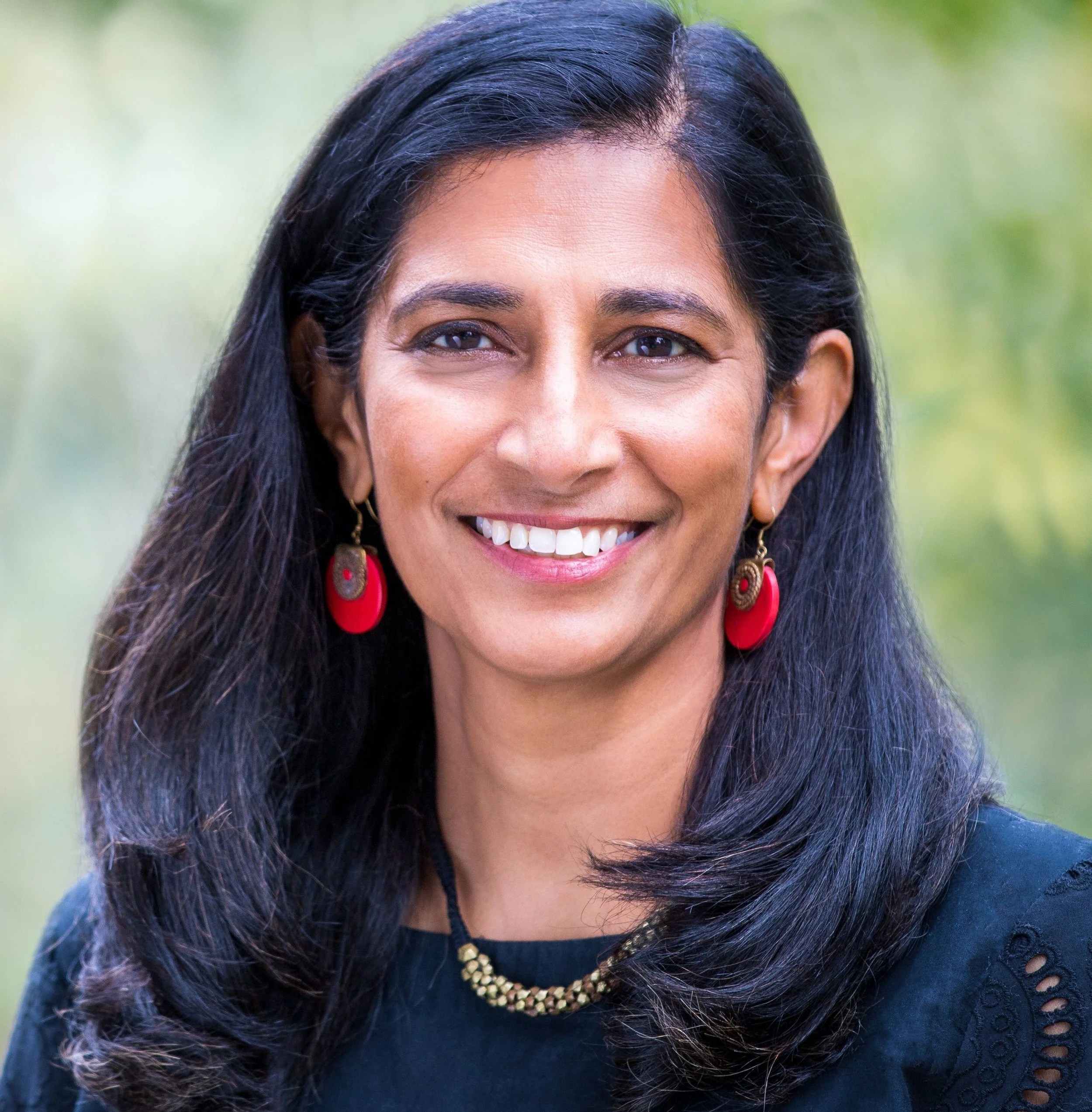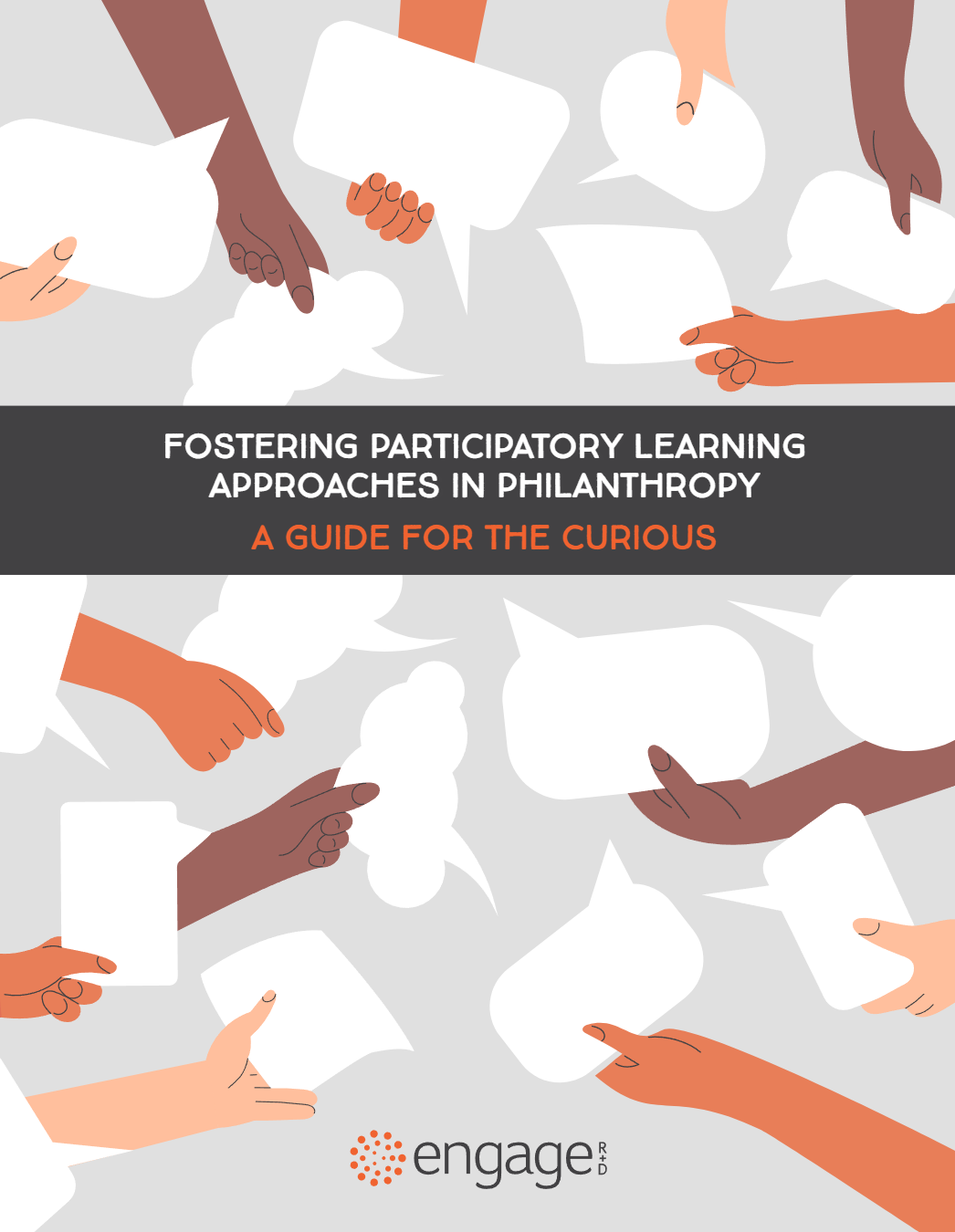Holding Relationships at the Center of Culturally Responsive and Equitable Evaluation
/The Expanding the Bench® celebration at AEA 2024, held in partnership with Engage R+D and Informing Change, highlighted the vital role of relationships in advancing culturally responsive and equitable evaluation (CREE). We share three insights from the session’s interactive activity that demonstrate why relationships and collaboration are at the heart of equitable approaches to evaluation and learning, and how we can continue working together to strengthen our field.
Read More



















